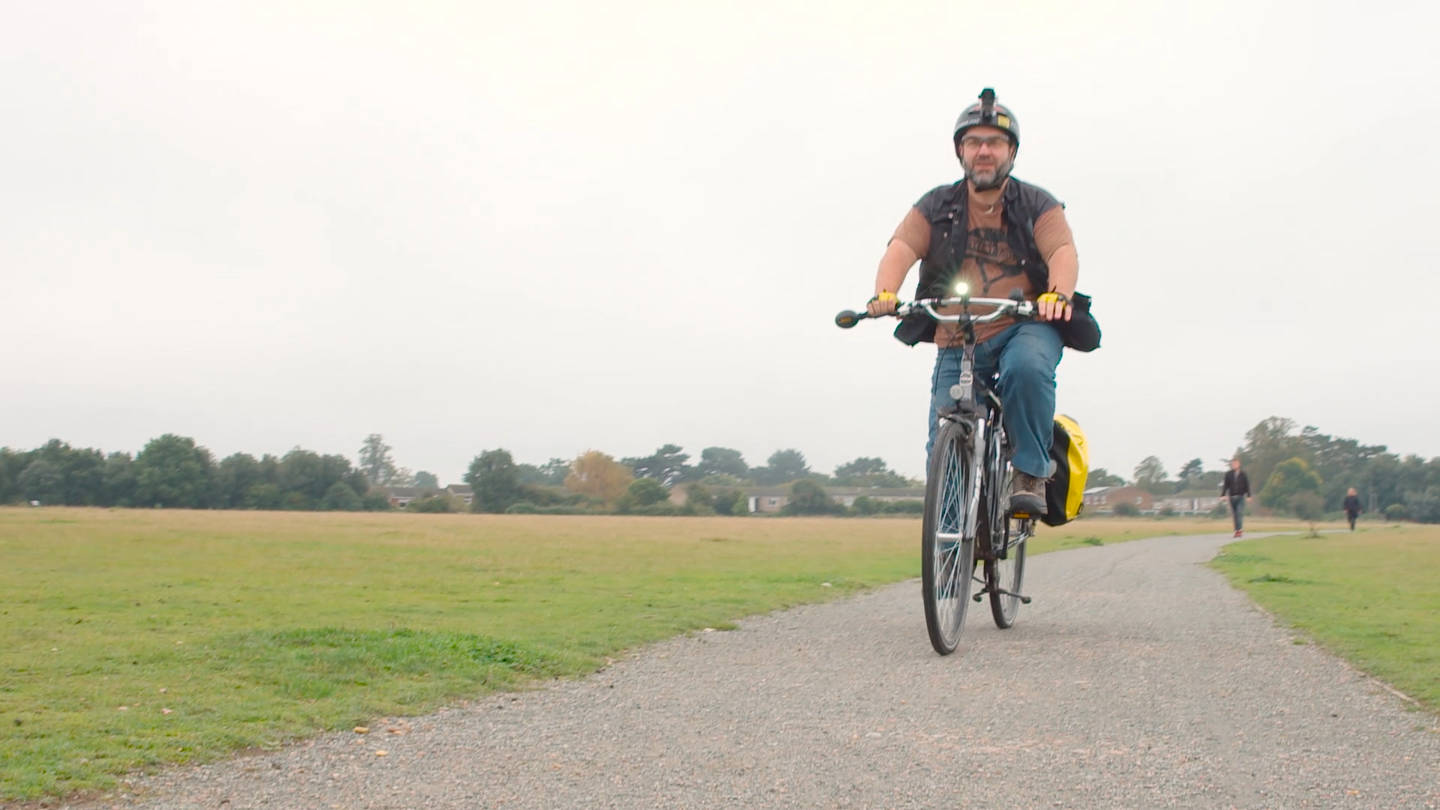Survey - the UK's disabled cyclists
Wheels for Wellbeing has published the results of a national survey into the experiences of disabled cyclists.
Carried out between February and March this year, the survey gathered the views and experiences of disabled cyclists in order to better understand their issues and concerns, with 221 individuals taking part from around the UK. The results challenge some widely held assumptions about disabled people and cycling, whilst highlighting a clear need to carry out more research into this area.

The survey gathered data on the demographics of disabled cyclists, how regularly they cycle, their reasons for cycling and the kinds of cycles they are most likely to own. It also collected information on disabled cyclists’ ability to access cycling facilities and schemes, as well as looking at the key difficulties and challenges faced by disabled cyclists. A substantial amount of qualitative data and written evidence was also accumulated.
The survey revealed a range of positive and negative experiences encountered by disabled cyclists. For instance, while one in three disabled cyclists had been asked to dismount and walk their cycle even though they were using it as a mobility aid, a further 11% said they had been allowed to cycle in a pedestrianised area once they’d explained that their cycle was their mobility aid – suggesting a variation in police and local authority understanding of the issue.
Perhaps the most significant statistic to come out of the survey was that a majority of disabled cyclists (69%) said they find cycling easier than walking, which we know is often the case because cycling reduces strain on the joints, aids balance and alleviates breathing difficulties. Gaining legal recognition for cycles as a mobility aid (just like wheelchairs and mobility scooters) continues to be a key campaign for Wheels for Wellbeing.
Commenting on the survey, Isabelle Clement, Director of Wheels for Wellbeing, said:
“This is a very exciting development. More than 200 disabled cyclists from around the UK took part, which is an incredible response! So far as we know, this is the first ever survey of its kind."
On the results, she remarked:
“They largely confirmed our suspicions, but have nevertheless thrown up a number of interesting statistics and opened up some new lines of inquiry for our campaigns. The data will be invaluable in giving added validity to our lobbying work and provides a useful benchmark for future surveys… We hope it sparks a national conversation about inclusive cycling. It’s clear that greater research needs to be done in this area and for too long disabled cyclists have been neglected, but we hope this survey will change that.”
Paul Tuohy, Cycling UK Chief Executive said in support of the report:
“This research helps prove what we’ve long known, namely that many people with disabilities are out cycling on our roads, streets and lanes, and not being noticed nor defined by their disability. They’re cycling for their health, work and for general transport among other reasons, all of which shows the Government must rethink and redefine what constitutes a mobility aid to include pedal cycles.”
Dr Rachel Aldred, Reader in Transport at the University of Westminster added:
“We know that disabled people do cycle, albeit at lower rates than non-disabled people. We need to better understand and address the barriers stopping disabled people from riding more. This survey is an important starting point to doing so, highlighting issues such as inaccessible infrastructure, restrictions on public transport use, and the cost of adapted and specialist cycles.”
Data collected from the survey will be used to inform and add weight to the Wheels for Wellbeing campaigning work, with plans to undertake another survey in early 2018.